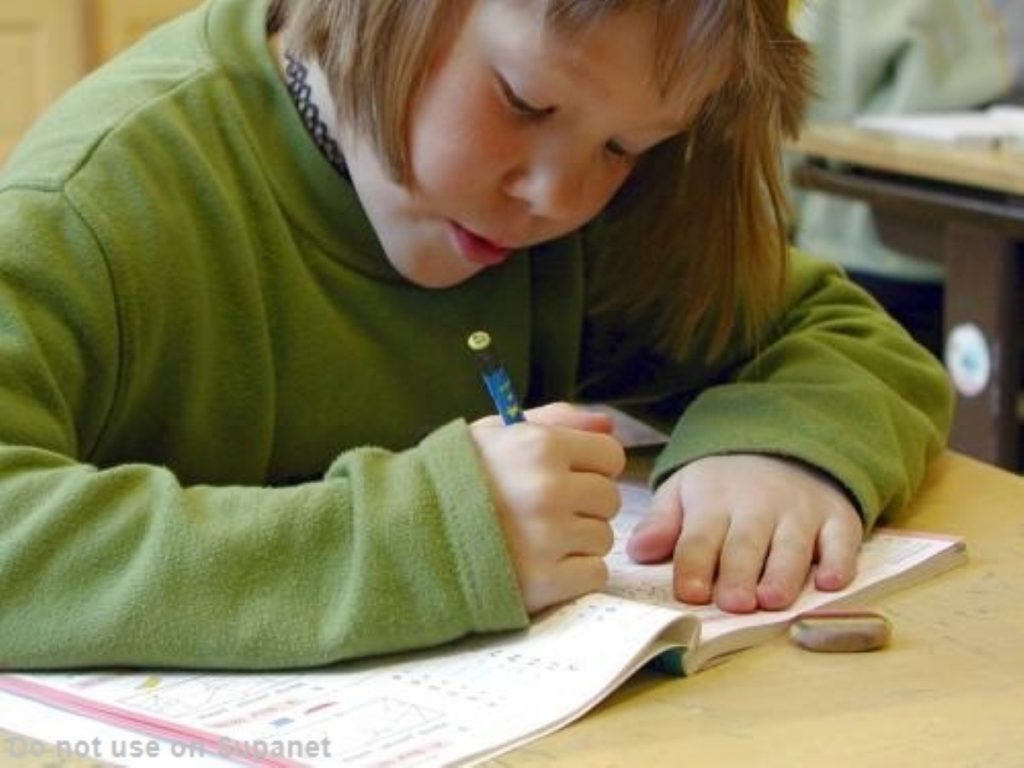Per pupil budgets to rise four per cent
Every school in England is to receive an inflation busting increase in funding next year, according to the Government.
The Education and Skills Secretary Charles Clarke has announced that every school will have a budget increase of four per cent per pupil for the next financial year, and that the same is likely to be true the following year.
Following last year’s school funding crisis, the Government has estimated a rise in costs of 3.4 per cent in the coming year. This prompted it to promise an increase in that should ensure no school runs a deficit.
However, he then hinted that different schools would face different funding levels as the number of children falls. This will leave some schools with reduced numbers of pupils and thus relatively higher fixed costs, although they may then also require fewer teachers.


Mr Clarke also suggested that the same minimum might also apply to funding in the 2005-6 financial year, before promising £120million to help schools balance budgets so as to draw a line under last year’s difficulties.
Charles Clarke lauded the plans, saying: ‘Today is the next step in restoring confidence in school budgets. Next month the School Teachers Review Body will announce their recommendations on teachers’ pay and the Office of the Deputy Prime Minister will announce the provisional local government settlement.’
The Government has also announced plans to regulate how Local Education Authorities spend their money, following their concerns that increased funding was not fully passed on to schools. Regulations will involve banning LEAs from increasing their central spending faster than spending on schools.
Shadow Education Secretary Damian Green slammed the proposals, suggesting that they fail to resolve the problems that developed last year, and saying that hard working teachers would be punished.
He stated: ‘The Government has spent months trying to dig itself out of the hole it created for itself last year. This statement shows that the means it is using are unfair to hard-working and successful teachers, threatening to council tax payers, and do not guarantee that the worst-hit schools will be enabled to recover quickly.’
The Schools funding crisis was triggered when a new funding allocation regime was established that saw some schools facing a decision between making teachers redundant, or running up large deficits.












